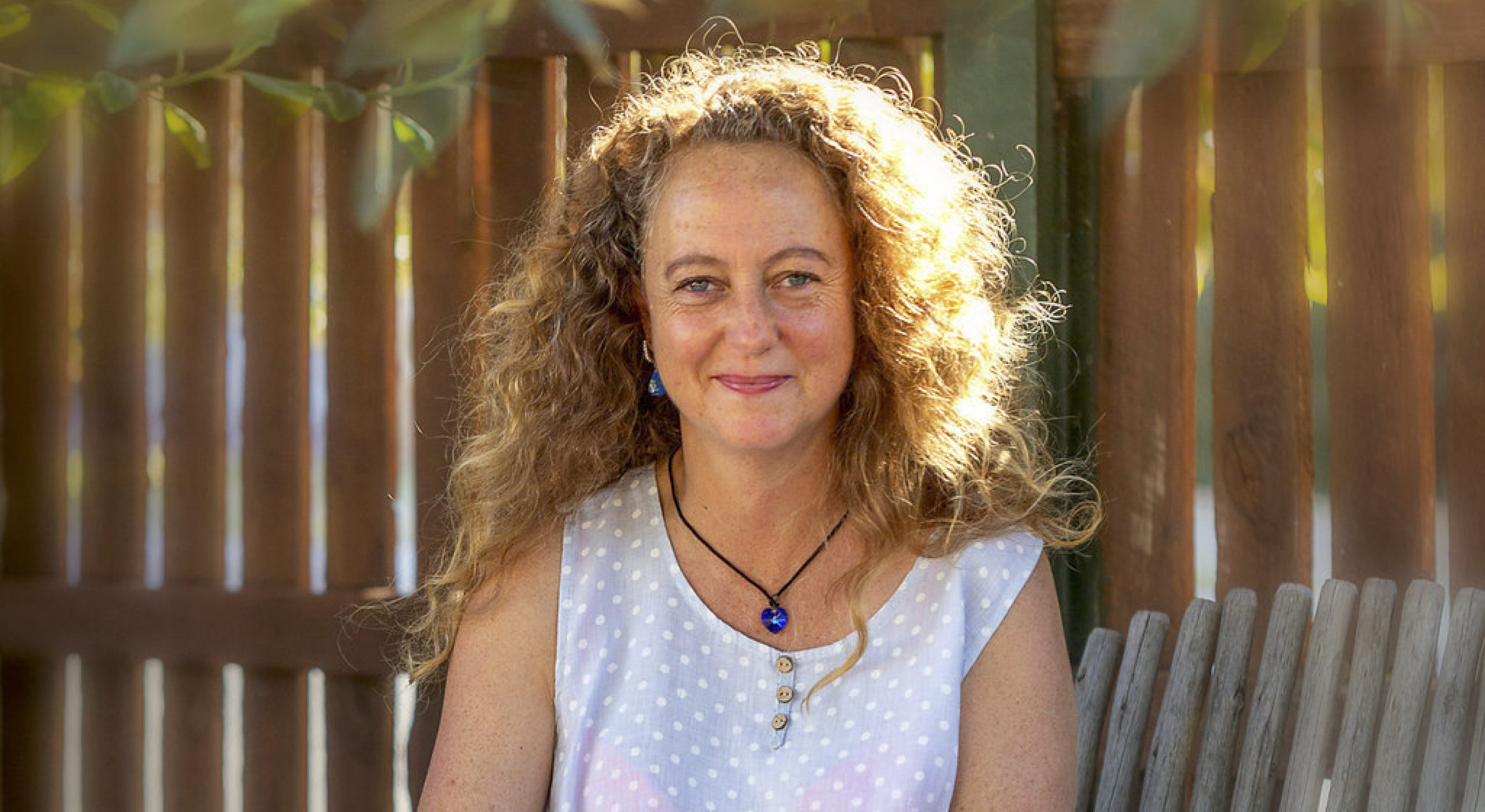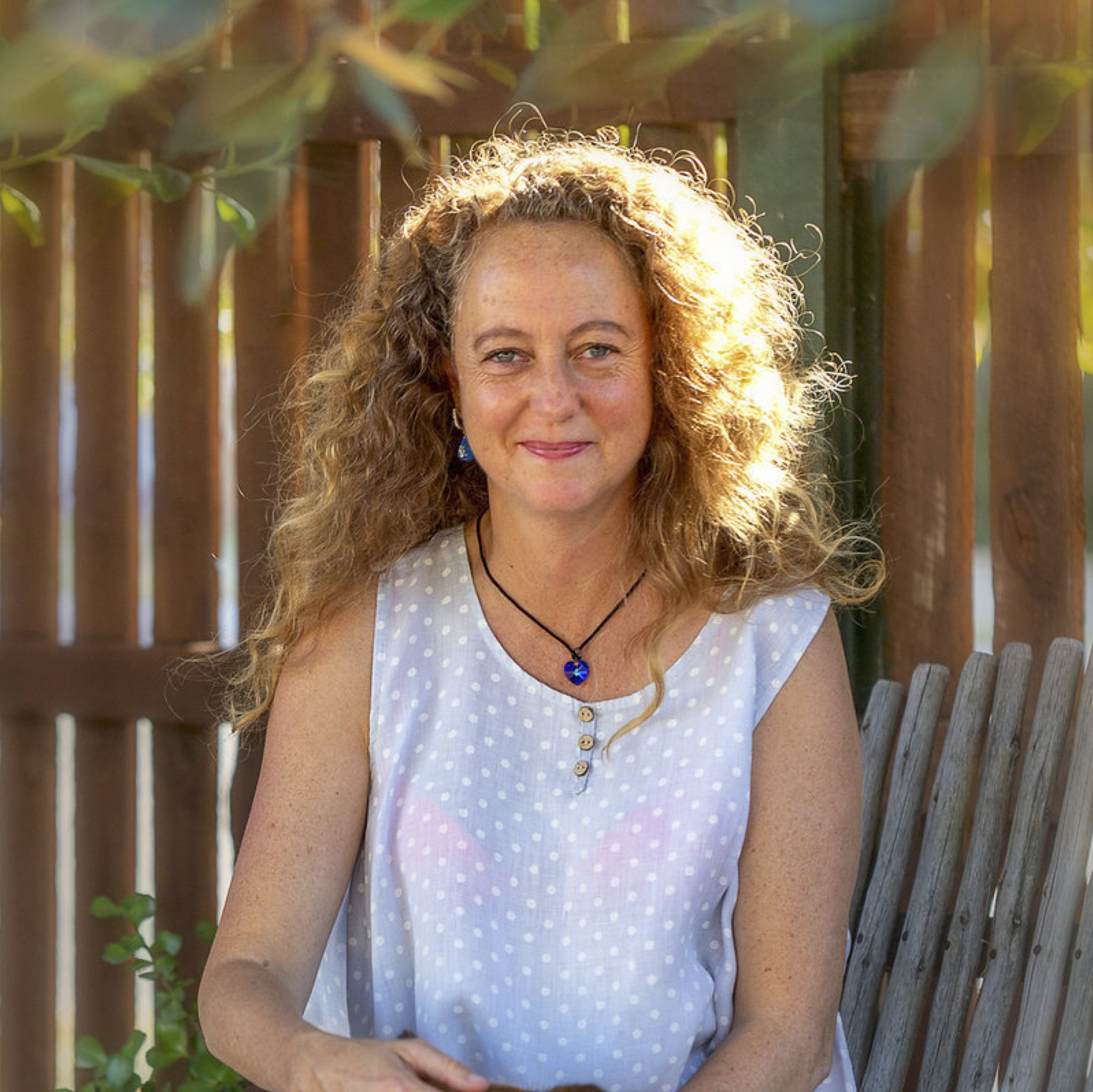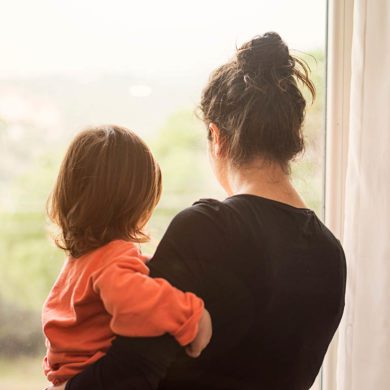I punched a boy once.
I was a gangly 10-year-old and we lived in a brick townhouse complex, alongside several other families. These kids and I formed little gangs that wandered along the stone pathways, planning ambushes and attacks on one another. One older boy, Mike, often found ways of exerting his power over us, so we moved in packs for protection.
One afternoon, I came across him and his friend. I was alone. We stood face to face on the grey slate pathway between the townhouse blocks. They taunted me and I made a rude, slightly breathless retort, my heart racing at my own audacity.
As I turned to go, Mike shoved me from behind. Suddenly the cracked grouting of the paving was right up close to my face. One knee throbbed where I’d landed on a scattering of small stones. The skin had been scraped off the other knee.
The sudden contact with warm skin shocked me and I pulled back.
I heard both boys laugh and something in me rose up. The sharp pain of the fall, together with a burning sense of injustice, lit a flame in my belly that straightened me up and made me lunge my fist into his face. The sudden contact with warm skin shocked me and I pulled back. Mike hunched over, his hands cupped around his nose. A line of red wormed its way down to his upper lip.
I was brave. Before.
—
The summer light shines in through the kitchen window. Karl dishes up the chicken loaf and potato wedges. There is no gender-based division of household chores in our flat. He cooks. I cook. We both wash up.
But when it comes to the inner work in our relationship, the power balance is heavily weighted in his favour. He is the qualified life coach. He makes pointed observations about me. I do my best to look inwards and change. On the days I don’t get this right, his blame rages around me, battering me until I am lost.
“I’m going to take this to my desk, carry on with some work,” I say, picking up my plate. “Looks delicious.” My voice sounds high-pitched and thin.
I often struggle to find the right tone in our conversations. Too timid, and he lashes out. Too upbeat, and he tells me I’m in denial. Overconfident, and he mocks me.
Too timid, and he lashes out. Too upbeat, and he tells me I’m in denial.
I settle at my desk in the balcony alcove of our bedroom and prop up my notebook next to my plate. Today, the fear has burrowed under my skin, making me hyperalert to Karl’s movements in the lounge. This fear eats away at the thin veneer of confidence that has developed after a few days of relative harmony. Don’t fuck things up now, its insidious little voice whispers in my ear.
“Cathy!!” Karl’s voice rings out in the plate-scraping silence. “For Christ’s sake, centre yourself! Please.”
His criticism of me is always dressed in psychological terms. Sometimes I wish it was about how I’d made the tea, or the steak not being tender enough. That would be easier to fix.
But our relationship has never been about tea and steak. I fell in love with the way he seemed to live his life on a deeper, more meaningful level than any other guy I’d met. I was astounded at how fluent he was – for a guy – in the language of self-growth. He listened to my tentative explorations of my childhood. His reflections back to me were perceptive, shone a light into dark corners I hadn’t considered.
I fell in love with the way he seemed to live his life on a deeper, more meaningful level than any other guy I’d met.
As time passed, I didn’t notice that the torch light was always on me, and that most often its beam picked out only the dysfunctions; my insecurities about coming from a broken home; and losing my dad when I was young. His empathic listening, punctuated by slow understanding nods, shifted to pointed accusations: I was too needy, not spiritually conscious enough; too this, not enough that.
The hours of talking and sharing turned into carefully constructed and smoothly articulated dissections of my brokenness. And because I respected his opinion, because becoming defensive would simply prove how ‘fucked up’ I was, I listened and worked hard to let in the truth of what he said.
I began to lose all sense of myself as a whole being. Instead, I felt like a walking, talking bundle of dysfunction whose brokenness incited rage and violence from her hapless partner.
I began to lose all sense of myself as a whole being.
Now, at my desk, I don’t respond to his instruction, but I close my notebook. I need to focus inwards now. This mustn’t get worse. A few minutes later, he stands at the bedroom door, holding his empty plate. A muscle in his jaw works. “You’re going into unconsciousness. And you’re pulling me with you. Just fucking stop.”
The brave me stands up and strides towards him, shouting, “Just leave me alone! All I’m doing is eating my lunch. YOU’RE the one who keeps on interrupting me. Back the fuck off!”
I can be brave. But today I’m not.
If I retaliate now with Karl, it will get worse. An awful game of tit for tat. If I want a peaceful relationship, one of us needs to accept, absorb and not push back. My compliance comes not only from a sense that I am to blame, but also, somehow, that I am able to bear more than him. In our relationship, the buck stops with me. So, I accept and endure. This is where there is a division of roles in our home. He hits. I take it.
I can be brave. But today I’m not.
So, I push my anger down, take a deep breath and nod. “Ok. I’m going to journal a bit . . . See what’s going on for me.”
He turns and heads off into the kitchen. I hear him cleaning up. I push my plate aside, unfinished, and pull out my journal. I tell myself to dive down beneath the choppy fearful surface. Take up my pen to guide me, but the sudden sound of a plate crashing into the sink makes my hand jolt a jagged blue line across the paper.
Karl storms into our bedroom. I just have time to stand before he is upon me, his face dark. I retreat the few inches that are available and then my back scrapes against the balcony wall.
“You’re attacking me!” he accuses. “I can feel you from the kitchen.”
He lunges suddenly and grabs a fistful of my hair. His grip tears at my scalp. I cry out and scrabble uselessly against the fingers of his closed fist, trying to pry them open. He drags me away from the window.
“Stop. Being. So. Violent.” With each word, his fist slams into my skull. I try to ward off his blows. I’m crying now.
“Don’t. Please. Please don’t.”
‘No!’ he shouts. ‘YOU don’t!’ One final punch and he pushes me away from him, his upper lip curled in disgust. He walks out.
One final punch and he pushes me away from him, his upper lip curled in disgust. He walks out.
I sink onto the bed, wrap my hands around the throbbing pain and the blood-encrusted lumps from the last time. The voice in my head scoffs: Why can’t you get it right? Why do you keep bringing this on? You’re being such a victim. All these thoughts spin around in my aching head and threaten to tear me open. I hunch over, rocking myself.
I hear the bathroom tap running. He always washes his hands afterwards. Then the scrape of keys from his desk and the front door slams. My scalp prickles in the aftermath. Harsh echoes bounce off the walls.
I was brave. Before.
I was brave. Before.
My mind drifts to a previous boyfriend. One evening, half an hour before he was due to visit, he called to say he was having a quick beer with a friend first. Two hours later, my lipstick had worn off and something had grown hard and cold inside me.
The intercom buzzed.
‘Hey, it’s me,’ his voice slurred.
“Hi.’
‘Will you buzz me in?’
“No. Go home. It’s too late.’
A stunned silence.
‘Aah, come on. Let me in? Please? I’ll make it up to you.’
‘No, sorry. Go home. We can chat tomorrow.’
I turn this memory over in my hands, like a piece of pottery I’ve crafted. I feel a warm fondness for the feisty me that made it. She is a different woman from the one hunched on the bed now.
A few days later, the air in our flat hums with Karl’s rage. He has been dragging me around the flat by my hair, enunciating through gritted teeth and spit-flecked lips, how unbearable I am. I run to the kitchen weeping and pull open the kitchen drawer.
Utensils rattle as my fingers hunt desperately through forks, tablespoons, a cheese slicer, until I grip a wooden handle. I draw the knife out and hold it before me.
Karl appears at the kitchen doorway, arms folded, legs planted wide.
‘Come on then. Do it.’ He taunts.
I move the knife, trying to look threatening. But I’m not even convincing myself.
I move the knife, trying to look threatening. But I’m not even convincing myself. It’s a bread knife, for fuck’s sake. Even my anger is timid, turned in on itself.
The knife wavers in the air until I let it clatter uselessly onto the stainless-steel counter. My shaky resolve drains and disappears down the sink.
—
I have only ever hurt him once. He’s got me cornered up against his desk, his grip on my hand.
Something inside surges up and I lash out with one bare foot, aimed squarely at his balls. I feel only a soft give against my toes through his pyjama pants. But his reaction is immediate. He bends over like a puppet whose strings have been abruptly snipped and cups his hands against his groin. Part of me is mortified. But there’s also a mean little smile that blooms for an instant.
There is no more violence on this night.
I am brave. I can be.
—
Years later (too many), there begins a slow blossoming inside me, a sensation in my belly of crimsons, turquoises and deep reds unfurling and spreading their velvet petals. These colours are so vivid I can almost taste them.
This gentle spring season propels me out of our flat to a new space. At the start, I tell myself I’m not leaving the relationship; I’m simply creating more breathing space for both of us. A small hope flickers in my heart that this will save us. It will finally be the start of a new phase in our togetherness: one of understanding and healing.
It is here, in this safe space, that the fog in my mind clears. And I begin to see that it was never about me. Day by day, the new growth strengthens and stretches. Day by day, I let go of the heavy burden of self-blame I’ve been carrying. And I give up trying to understand Karl. I stop working to make sense of the impossibility of our togetherness.
One night, I write the words that will lead me through the dark back to myself. I will never again. No more.
This new space of mine has a sturdy wooden door and a security gate that I can lock. The metal clang of this boundary line strengthens me. I do not open the gate when he comes knocking at all hours of the night. I stop answering the phone when he calls, again and again and again, the ring tearing me from sleep. Eventually I unplug the phone.
I immerse myself in hot, lavender-scented baths. I sleep. I cry. I do as Mary Oliver advises: I let the soft animal of my body love what it loves. And one night, I write the words that will lead me through the dark back to myself. I will never again. No more.
I am brave. Now.
Cathy Park Kelly’s memoir Boiling a Frog Slowly (Karavan Press) is available now.













2 Comments